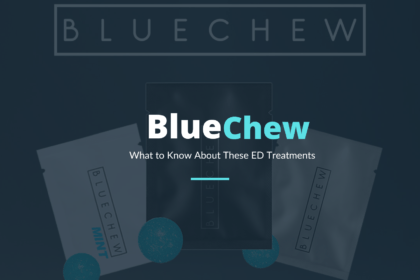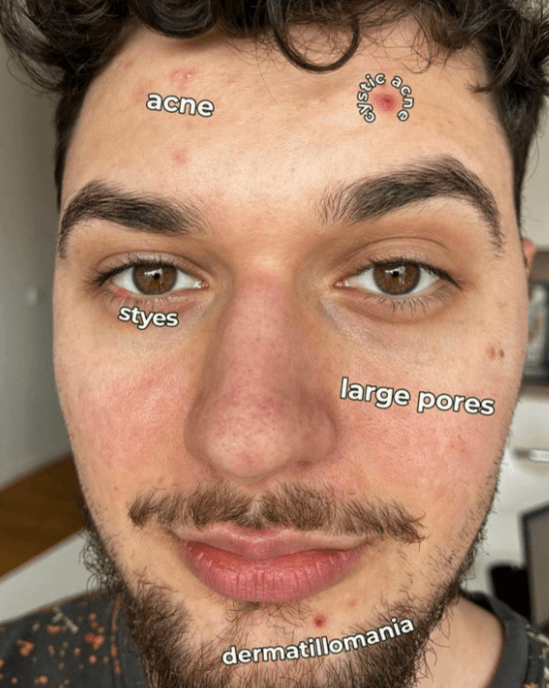Collagen supplements and beauty products have become increasingly popular in recent years. Collagen is a protein that is found throughout the body and is a major component of skin, hair, nails, bones, ligaments, and tendons.
As we age, our bodies produce less collagen, leading to signs of aging like wrinkles, sagging skin, and joint pain. The beauty industry has capitalized on the anti-aging and skin enhancing benefits of collagen, making it a buzzworthy ingredient.
The Structure and Function of Collagen
Collagen is the most abundant protein in the human body, making up 75-80% of our skin. It provides structure and strength to our bodies.
Collagen contains three twisted protein strands coiled together into a triple-helix structure. This unique structure makes collagen strong and flexible, perfect for providing support.
Collagen’s main functional properties are:
- Giving skin strength and elasticity
- Helping replace dead skin cells
- Supporting bone health and joint mobility
- Promoting strong nails and hair
- Supporting muscle mass
- Connecting our tissues and organs
Without enough collagen, the skin loses its firmness and elasticity leading to wrinkles and sagging. Collagen is absolutely vital for healthy, youthful, glowing skin.
Collagen Production Declines with Age
Our natural collagen production peaks in our 20s, then steadily declines with age. Each year after age 20, we lose about 1% of our body’s collagen. This collagen loss leads to the visible signs of aging like fine lines, wrinkles, and thin, fragile skin. By our 60s, collagen production has diminished by up to 30% of original levels.
Factors like sun exposure, smoking, sugar consumption, and high cortisol levels also degrade and damage existing collagen in the skin. As we lose collagen, the structural support for skin weakens, accelerating aging.
The beauty industry recognized this growing need for collagen as the population ages. Topical and ingestible collagen products claim to replenish lost collagen, bringing anti-aging benefits.
Topical Collagen Benefits for Skin
Collagen applied topically through creams, serums, and masks attempts to replenish collagen in the skin. Collagen molecules are too large to penetrate beyond the outer layer of skin, but products with hydrolyzed collagen contain smaller peptides that can absorb into the deeper dermis layer.
Here are some ways topical collagen aims to benefit the skin:
- Hydration – Collagen helps bind moisture in the skin and reduces transdermal water loss. This plumps up the skin and fills in fine lines.
- Elasticity – Collagen peptides stimulate skin cells called fibroblasts to ramp up collagen production. This firms and tightens the skin.
- Wrinkle reduction – Collagen thickens the dermis layer of skin where wrinkles form. This smoothes out existing wrinkles.
- Faster wound healing – Collagen stimulates new skin cell growth and regeneration. This helps heal cuts, scrapes, and burns.
- UV protection – Some research indicates topical collagen shields the skin from damaging UV rays. This helps maintain collagen levels and prevent aging.
So far, the research shows promise that collagen-based topicals can slow signs of aging and improve skin hydration and elasticity.
Ingestible Collagen Supplements for Anti-Aging
Ingestible collagen supplements like powder mixes, gummies, pills, and liquid extracts have also exploded in popularity. The collagen is hydrolyzed into small peptides that can be absorbed through the intestinal tract into the bloodstream.
Here are some of the touted anti-aging benefits of consuming collagen supplements:
- Increased skin elasticity and hydration
- Reduced wrinkles and dryness
- Faster growth of hair and nails
- Improved joint mobility and relief of osteoarthritis pain
- Building muscle mass by supporting protein synthesis
- Strengthening bones and teeth
- Speeding up wound healing
- Protecting cardiovascular health
Studies indicate taking just one daily serving of collagen peptide supplements regularly can increase collagen levels throughout the body and improve skin aging. The results are modest but noticeable, driving the supplement craze.
Collagen Boosts Overall Wellness
In addition to anti-aging skin benefits, collagen promotes whole body wellness:
- Gut health – Collagen heals the intestinal lining and helps treat leaky gut syndrome. This can reduce inflammation.
- Heart health – Collagen strengthens arteries and blood vessels, lowering risks for heart disease.
- Weight loss – Collagen supplements may suppress appetite and build muscle mass to boost metabolism.
- Brain function – Amino acids in collagen support neurotransmitters that improve mood, sleep, and cognition.
- Joint health – Collagen builds up connective tissues to enhance flexibility and reduce osteoarthritis pain.
- Immunity – Collagen contains the amino acid arginine which increases production of immune cells.
The far-reaching wellness effects make collagen attractive to health-conscious consumers of all ages.
Collagen Market Trends
The collagen market has absolutely exploded in recent years with an ever-expanding array of products.
- The global collagen market was valued at $6.63 billion in 2021 and is projected to reach $9.07 billion by 2028.
- Cost-effective production methods like enzymatic hydrolysis now allow collagen to be sourced from land animals, fish, and eggshells.
- Collagen powders that easily mix into food and drinks are the most popular ingestible method. Flavored collagen beverages are also gaining ground.
- Convenient collagen gummies, capsules, tablets, and chews are taking off for on-the-go use.
- Topical collagen is infused into creams, lotions, masks, serums, cleansers, moisturizers, and more anti-aging products.
- Celebrity endorsements from stars like Jennifer Aniston and Kourtney Kardashian give collagen a huge publicity boost.
- Collagen bars, snacks, protein powders, and ready-to-drink coffee blends fused with collagen are emerging.
- Sustainable packaging and clean label ingredients cater to eco-conscious shoppers.
As collagen gains mass appeal for beauty, health, and wellness, this ingredient will continue driving innovations in the nutricosmetics space. The collagen trend shows no signs of slowing down.
Concerns About Collagen Supplements
Collagen supplements are generally safe but do come with some concerns, especially around quality.
- Since collagen is not absorbed intact, the quality and composition of the peptides is key for efficacy. Low-quality collagen may not provide full benefits.
- There are no official standards for collagen supplements. Quality can vary widely between brands. Third-party testing helps ensure purity and potency.
- Some people are allergic to common collagen sources like eggs or fish. Non-meat sources like pineapples are an option.
- Bitter taste is a common complaint with unflavored collagen powder. Many brands now offer flavorless, odorless powder.
- Consistency is key. Collagen levels drop again after stopping supplements, so continued use is important.
- Very high doses above 5-10 grams per day may potentially cause mild digestive issues but are generally fine.
While more research is still needed, quality collagen supplements appear generally safe and well-tolerated by most people. Talk to your healthcare provider before starting any new supplement.
The Future of Collagen
Collagen is now a major anti-aging ingredient and shows no signs of fading from the spotlight. We will likely see continued innovations in collagen products and expanded research on its various wellness benefits.
More personalized and targeted collagen supplementation based on factors like age, genetics, lifestyle, and health conditions may emerge. Consumers today are savvier about collagen quality and want brands they can trust.
Sustainable collagen sourcing, clean processing methods, and ethical company practices will become bigger purchasing factors. Overall, collagen has revolutionized the nutricosmetics industry and will remain a hot ingredient as we all strive for youthful, healthy living.












